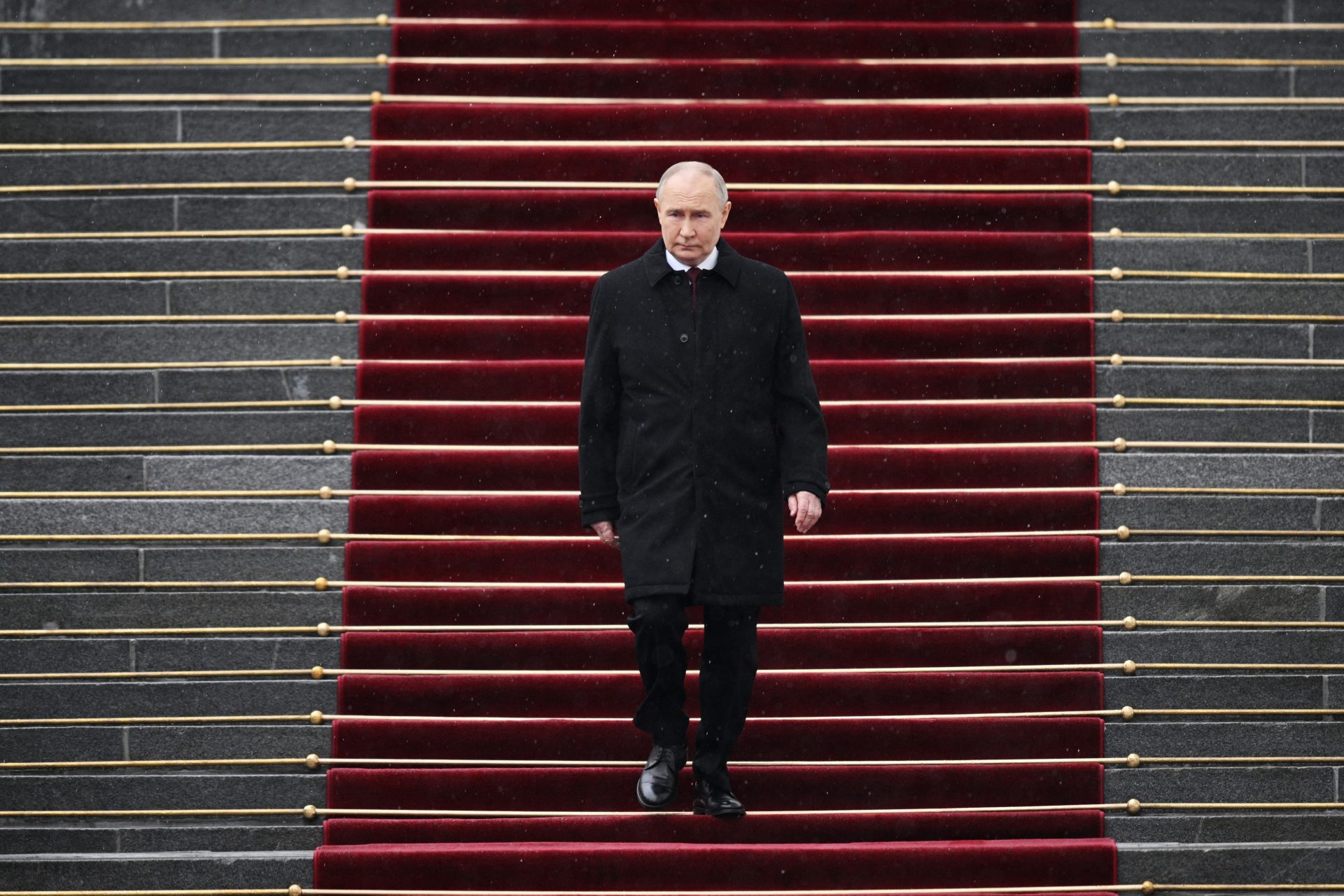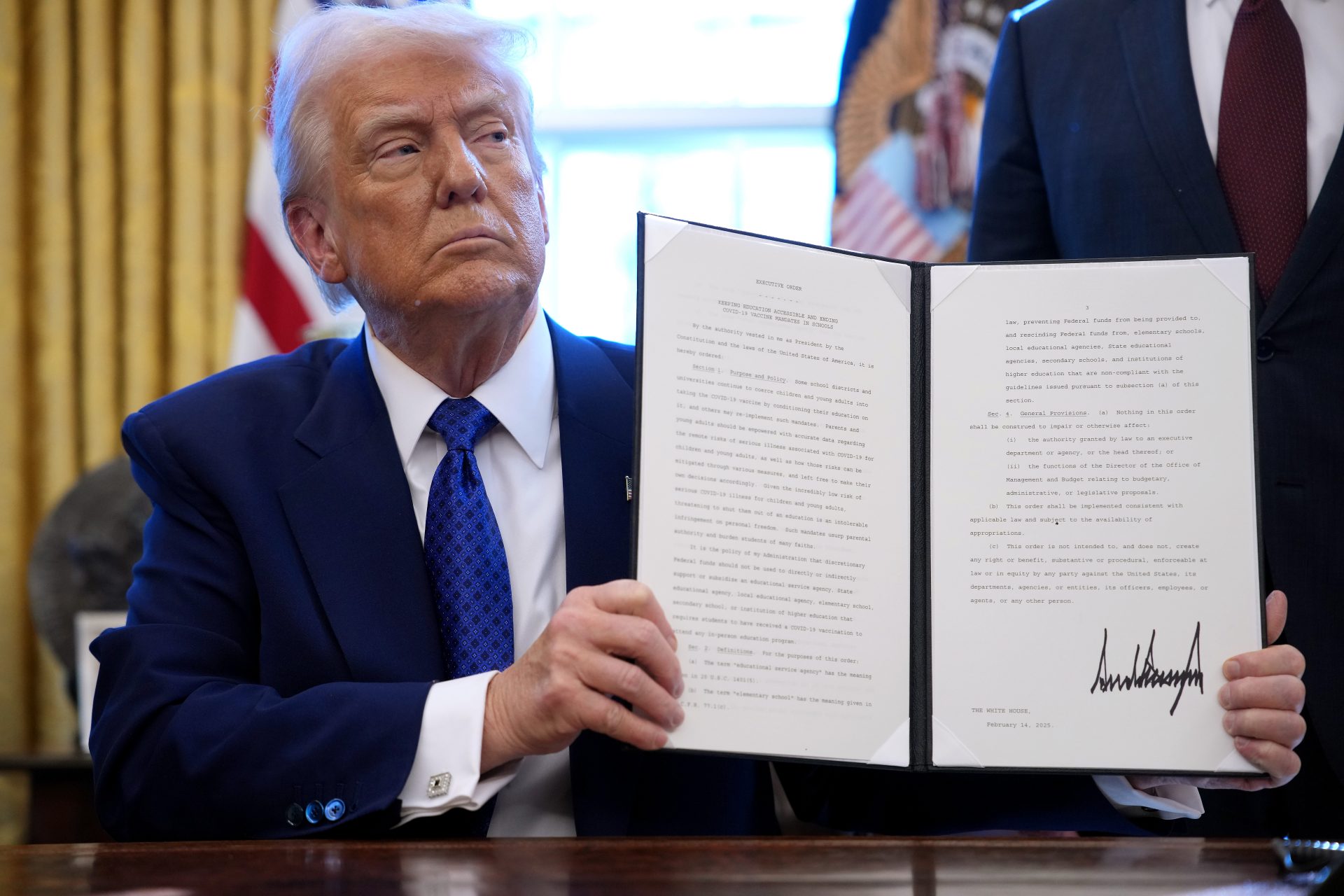'Napalm Girl' - 50 years later receives final treatment
Phan Thi Kim, also known as the "Napalm Girl," fifty years later has finally received her last major skin treatment for the burns she suffered at the age of 9 from a napalm blast during the Vietnam war.
On June 28, Kim, age 59, returned to the Miami Dermatology and Laser Institute for a treatment to help her with her pain and remaining scars.
According to CBS4, this is Kim's last major treatment. Kim told the news outlet about the treatment, "Twelve times, and now, yes, absolutely, after those treatments my pain is so much better."
Dr. Jill Waibel told CBS4 that she performed the treatments for free to help Kim have less pain from the scar tissue left from the horrible burns she suffered so long ago. Click on to read about the story of the "Napalm Girl."
On June 8, 1972, nine-year-old Phan Thi Kim's life changed forever. A photographer snapped a bone-chilling picture of her running away from the horror of a deadly napalm attack at the village of Trang Bang.
With that picture, she became known as "the napalm girl," an image nearly everyone recognizes as a symbol of the tragedy of the Vietnam war and a defining image of the 20th century.
The photograph, officially titled "The Terror of War," was taken by Associated Press photographer Nick Ut. The image captivated the world as it succinctly represented the trauma caused by indiscriminate violence that characterized the war in Vietnam -a war, according to some estimates, claimed more than 1 million civilian lives.
Nick Ut not only took the Pulitzer-Prize-winning picture that made Kim famous, but he also assisted the children and played an essential part in helping them survive their injuries.
Nick Ut told various media outlets that he can still remember Kim shouting, "Too hot! Too hot!" so he put water on her body to help cool her burns and took her to a hospital.
In an interview with the Toronto Star, Ut said he had to threaten the medical staff at the hospital to convince them to treat the young girl, as the hospital staff claimed there weren't any beds left. Ut told the hospital staff that he had just taken the girl's photo, and if they didn't help her, he would expose them in the newspapers.
Fifty years later, Ut and Kim are still in contact. According to the Toronto Star, Kim calls him "Uncle Ut," and Ut says Kim is like his daughter.
Kim even told The Toronto Star, "I consider Uncle Ut as my hero, and I owe him, big …. Right now, our relationship, really, (it's a) bond. I consider him as part of my family."
Nine-year-old Kim ended up being treated in the hospital for fourteen months due to her burns, and when she saw the photograph Ut took of her, she says that she wasn't happy. According to CNN, Kim said, "As a child, I was so embarrassed, to be honest," she said. "I didn't like that picture at all. Why did he take my picture? I never wanted to see it."
After several decades Kim arrived in Canada in 1992 after being granted asylum, where she would raise her own family. As she matured and recovered from the trauma of all that had happened to her, Kim began to appreciate the "Napalm Girl" photograph.
Kim has said in interviews that she understood that her picture could be a source of hope for others. Why? Because she not only survived that terrible ordeal, she also thrived.
Kim went on to write a book about her experiences titled 'Fire Road,' and she also started a charity to help children of war called the Kim Foundation International. Kim also became a public speaker, traveling around the world to speak about her life and the power of forgiveness.
In 1997 she was named a United Nations goodwill ambassador. Recently, in May 2022, Kim and Ut met with Pope Francis in St. Peter's Square, where the pair gifted the Pope a copy of the iconic photograph.
Kim told CNN that she now realizes how being the subject of that horrible photograph was a gift in disguise: "I realized that, 'Wow, that picture has become a powerful gift for me -- I can (use it) to work for peace, because that picture has not let me go."
Kim went on to say that she now embraces it and is thankful that Ut was able to capture that moment in history, saying it "can change the whole world. And that moment changed my attitude and my belief that I can keep my dream alive to help others."
Ut, who is now retired, says that he still believes in the power of war photography. The photographer spoke about the war in Ukraine and sys that documenting the atrocities is "just as important now as it was in Vietnam."
These days things move a lot faster, and we are flooded with images; however, Ut doesn't believe that makes them less impactful. Ut told CNN,
"Now, you have an abundance of photos, but it's so instantaneous -- in terms of telling the truth and bringing it to the world -- that it's also incredibly powerful."
Conflicts are still raging worldwide, and children are still caught in the middle, as has become abundantly clear in the case of the war in Ukraine. Fifty years after her iconic photo was taken, Kim hopes to continue to share her message of hope and peace.
More for you
Top Stories



































